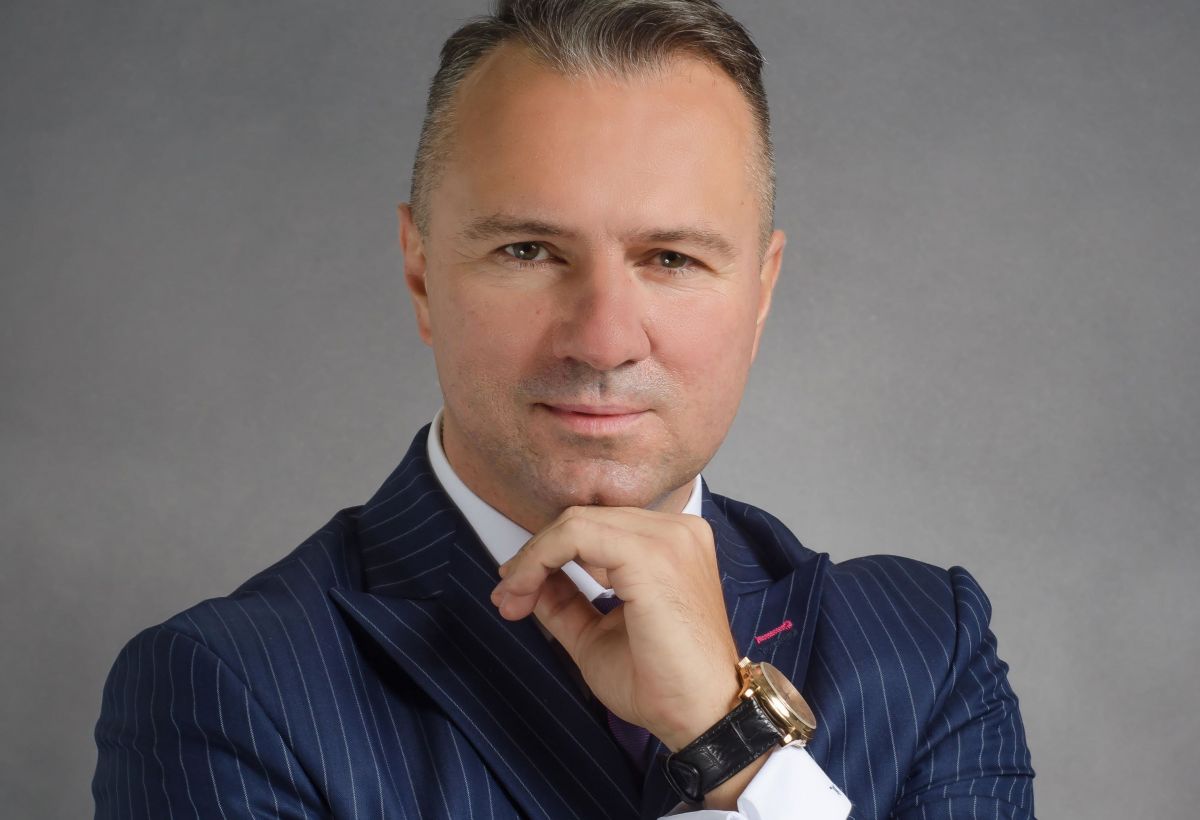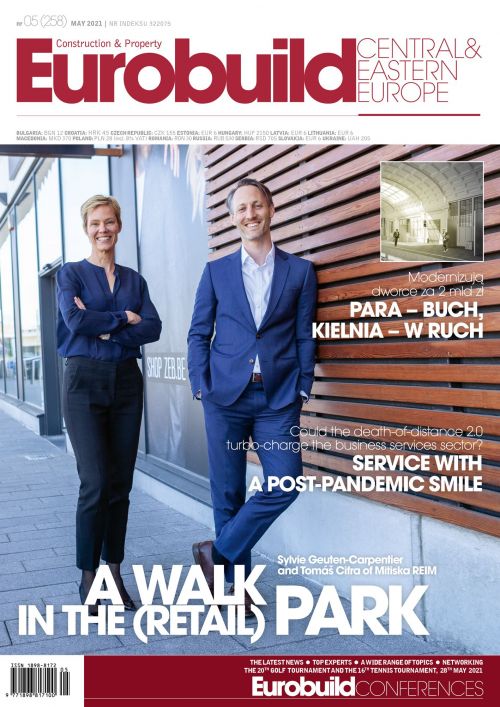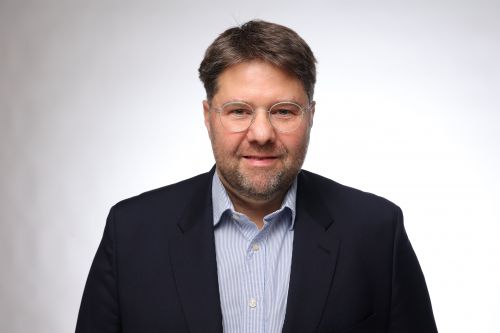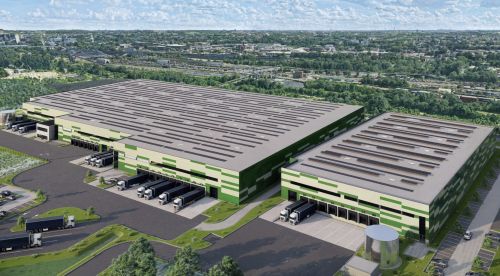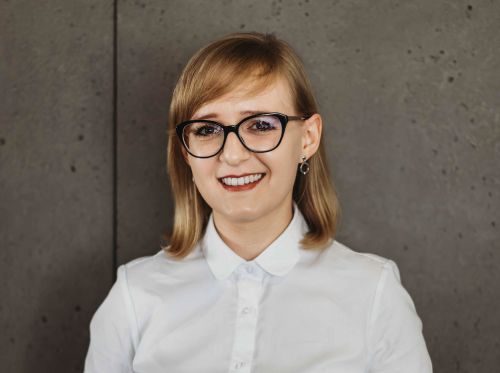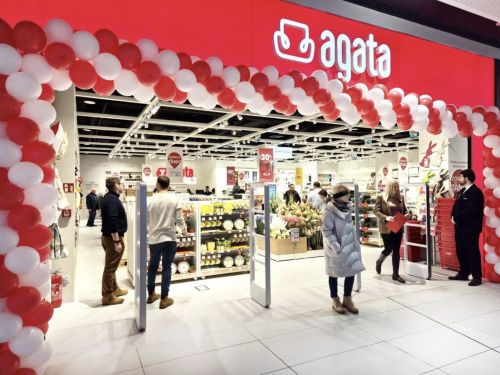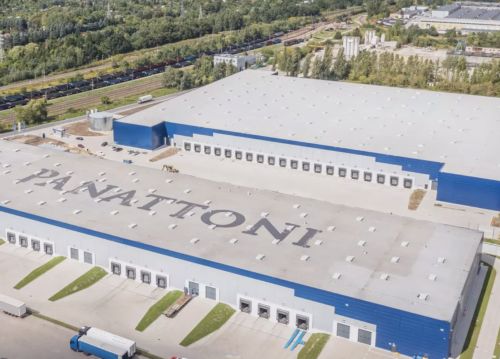The pandemic has turned out to rather a painful time for the security industry. Who has been hit the most in your sector?
Sebastian Michalkiewicz, president of the management board, Polski Holding Ochrony: Those companies that were focused on providing security for one kind of property were hit the hardest – especially for shopping centres and hotels. Some centres that today have limited operations or are closed cut back on their security and some even gave up on it altogether. The security firms that offer a wide range of services for different kinds of facilities were hit to a lesser extent by the pandemic. However, there are also companies that are involved in security for logistics centres and they have been seeing greater demand for their services.
What else has the pandemic changed?
It has limited direct contact between people – and we’re seeing something similar in security. Equipment is increasingly replacing the physical presence of people. In places wh
